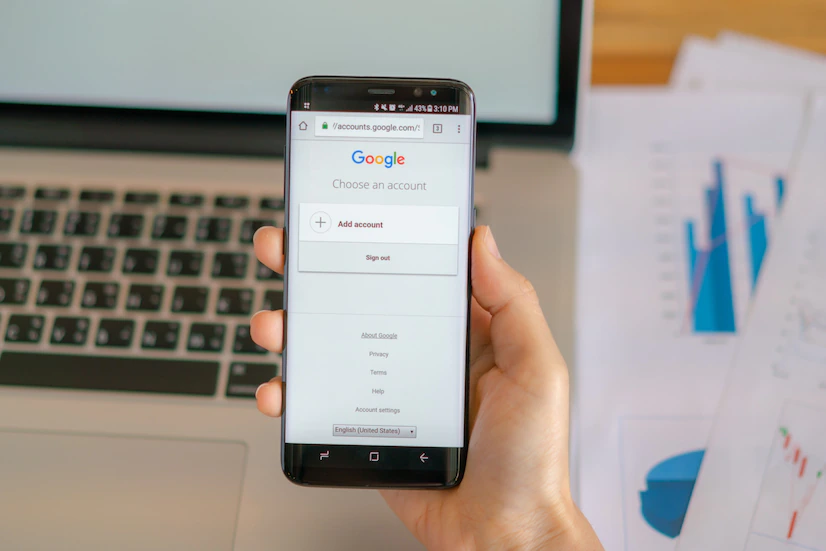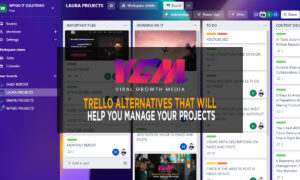Google’s upcoming mobile-first index will significantly affect how your website is ranked. Instead of using the desktop version to rank websites, this new index will use the mobile version. Your website can suffer if you’re not ready for this shift. We’ll talk about the Google Mobile-First Index and how it will impact you and your business in this blog article. Additionally, we’ll offer some advice on how to get ready for this adjustment.
If you have a website, it’s important that you understand the Google Mobile-First Index and how it will affect your site. This new index is going to change the way Google ranks websites, so it’s important to be prepared.

Here are some things you should know about the Google Mobile-First Index:
– The index will rank websites based on their mobile version, rather than their desktop version.
– If your website isn’t optimized for mobile, it could be penalized.
– You can prepare for this change by making sure your website is responsive and by optimizing your content for mobile users.
We sincerely hope that this blog post has aided in your comprehension of the Google Mobile-First Index and its effects on you. Please get in touch with us if you have any inquiries or if you need assistance getting ready for this change. We’re here to assist you!
It’s crucial to be ready because Google is making a significant adjustment here. Make sure your website is responsive and that your content is optimized for mobile consumers if you have one.

Mobile-first indexing best practices Mobile
Known as document-centric crawling, Google has always crawled and ranked web pages based on their mobile-friendly versions of the content. Google formerly used the content of a page’s desktop version to determine how relevant it is to a user’s query. Going ahead, Google will largely employ the smartphone agent to crawl and index websites since the majority of people already access Google Search through their smartphones.
What is changing with the mobile-first index?
Google wants its index and results to accurately reflect the bulk of its users, who are mobile searchers, as the number of mobile searches increases. The web has expanded significantly over the past few years, but Google’s search engine indexes have not. An index of a search engine is a group of URLs (pages/documents) that the search engine has found while crawling the internet using links. Google currently searches the internet using mobile browsers as opposed to desktop computers.

What if I don’t have a mobile website?
Google promised us there would be no problem. Google advises having a mobile website, but it will instead crawl your desktop version. Google stated, “Even if we view your desktop site via a mobile user agent, we’ll still be able to properly index it.” In order for Google to correctly digest content and rank your website as highly as it would if it had a desktop version, you must ensure that the text and links on the mobile version are sufficiently similar to those on the desktop version.
My mobile site has less content than my desktop site. Should I be nervous?
Yes! Google has stated it will assess your mobile website. Google is likely to only see the mobile version of page A with fewer items if it contains less content than the desktop version. The content on your desktop and mobile websites is identical, which is why Google supports a responsive strategy. You could do this with other smartphone solutions, but the likelihood of error would be larger.
When will this fully roll out?
Google has started testing its mobile-first index with a small sample size with the launch of the feature. But it looks like we’ll have to wait a few more months before this is completely accessible. Google did not provide us with a release date because they are still testing the rollout; if everything goes as planned, they may advance the release. If things don’t work out as they expected, they might delay the release.

Is this a mobile-friendly ranking boost?
Google has already stated that material that is not mobile-friendly would not rank as well. This index is not an exception. In the current index, which most people will continue to use to get results, desktop content is indexed and used to send listings to both desktop and mobile users. The material for Google’s mobile listings is then promoted using a unique mobile-friendly ranking process. Material that is not mobile-friendly does not perform as well.
As Google implements its mobile-first index, it will index mobile material and use it to deliver listings to people on desktop and mobile devices. Then, similar to the prior technique, mobile-friendly websites receive a rating boost.
How can I tell if Google sees my mobile pages?
Use Google’s Fetch and Render tool to determine whether your website is mobile-friendly. View the preview after the fetch and render are finished. It’s possible that what Google shows in the produced results corresponds to what Google can access from your mobile website and index. You should solve any issues it has after which you should run the tool once more.
Ranking signals will come from your mobile, not desktop version
In accordance with what we previously stated, Google has assigned a mobile version of your site based on data it collected from your desktop site. This will change, and Google will now rank your desktop and mobile websites based on the information it gathers from mobile-optimized site crawls.
Therefore, Google page speed will have an impact on the ranks of your mobile site. In order to determine which one is superior, Google will also assess your title, H1s, structured data, and other tags and content produced by your mobile site.
Isn’t this just showing Google how your mobile site is seen, and as a result, it will rank your mobile site in its desktop results? Yes, but Google is aware of it, and mobile usage is actually on the rise.

Will Google have different indexes for mobile and desktop?
The final Google index will be based on mobile content and offer listings to both desktop and mobile users. There will be two throughout this transitional period: desktop-first and mobile-first. The mobile-first index’s findings will be delivered to fewer users. No one has any power to change it. People won’t know which index they’re using because it will simply be a mystery to them.
According to Google’s blog post, “Our search index will continue to be a single index of websites and apps, and eventually, our algorithms will depend on the mobile version of a site’s content to rank pages from that site.”
Conclusion
The human brain is an amazing organ. It’s understandable why companies are turning to neuroscience to boost sales.
-By comprehending how people’s brains function, we can integrate neuroscience concepts into our digital marketing techniques.
-We’ve given advice on using neuroscience to boost sales, but if you need help putting it into practice, let us know! We are excited to work with you as a team.























